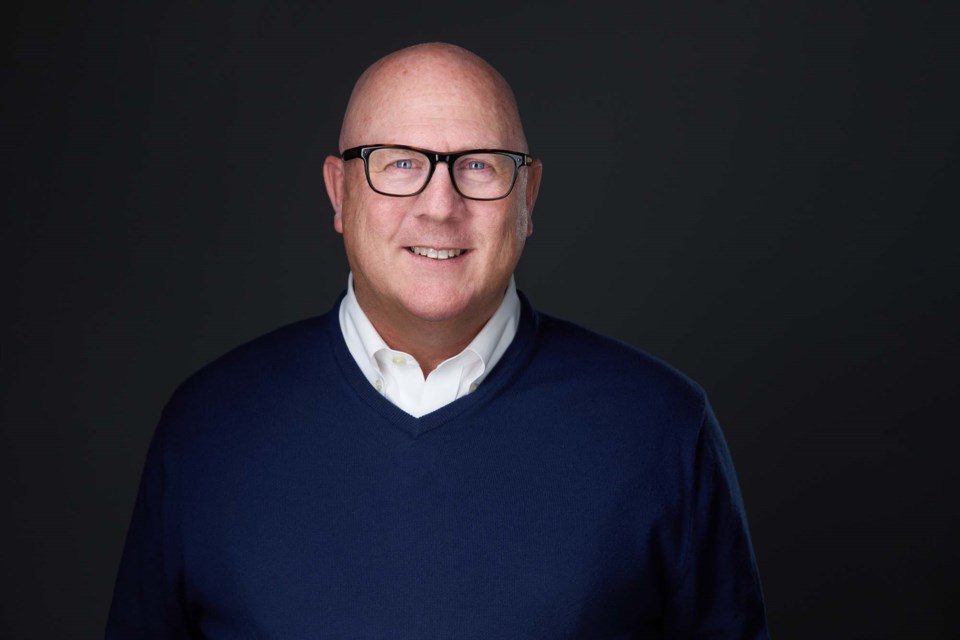Have you ever made a list of the things that you don't know? Like why do British accents turn to North American accents in songs or how do we know a new dog food has an “improved taste?” Is there another word for "thesaurus?"
I have always believed you are the same person you were a year ago, except for the places you’ve been, the books you’ve read, and the people you’ve met. With limits placed on where we can go and who we can see, books have become that much more important.
This Christmas my kids gave me Think Again — The Power of Knowing What You Don’t Know by Adam Grant. Evident in this is a drive to ask yourself what you do not know and how to learn, unlearn, and re-think your biases.
Grant groups this rethinking into three categories: individual rethinking, which would be updating our own views; interpersonal rethinking, which is opening other people's minds; and collective rethinking — creating communities of lifelong learners.
Using real-life examples and stories Grant challenges us at every turn. He suggests that mental horsepower doesn't guarantee mental dexterity. His research reveals that the higher you score on an IQ test the more likely you are to fall for stereotypes because you are quicker to recognize patterns. Another recent study suggests the smarter you are, the more you might struggle to update your beliefs.
A psychologist, Grant suggests there are two biases that drive this pattern. The first one is confirmation bias — seeing what we expect to see. The second is desirability bias — seeing what we want to see. The biases can actually contort our intelligence into a weapon against the truth.
He challenges us to think in "scientist mode" — being actively open-minded; searching for reasons why we might be wrong, not for reasons why we must be right; and revising our views based on what we learn. In other mental modes our ego can creep in, suggesting that changing our mind is a mark of moral weakness. In "scientist mode," changing our mind is a sign of intellectual integrity.
This rethinking cycle favors humility over pride, doubt over certainty, and curiosity over closure. As Charles Darwin said, “Ignorance more frequently begets confidence than does knowledge.” The curse of knowledge is it closes our minds to what we don't know. If we learn and improve from our mistakes, why are we so afraid to make mistakes?
What has bothered me the most through this pandemic is the way in which the extreme narratives have turned us against each other. Depending on the channel we watch or listen to, we have formed beliefs with such depth we don't want to hear any opinion that isn't the same as ours. We are as divided as we have ever been, and this is breaking down our society. We need character-based leadership everywhere right now. Not the formal government roles hamstrung by four-year vote cycles, influencers, and short-term demands, but regular folks like you and me to question, discuss, listen, care, share, and rethink our biases.
At your next gathering, in person or virtual, ask some questions and rethink your opinions. Why is a pizza box square when a pizza is round? On a flight, which armrest is yours? The Internet: is it net negative or net positive to society? You’ll be amazed at the range of opinions. Talk amongst yourselves.
John Liston is the vice-president of Alberta Enterprise Group, and a St. Albert resident active in our business and charitable communities.


